Caring for Chronic Kidney Disease
1 in 7 Americans have chronic kidney disease. Most don’t know they have it.
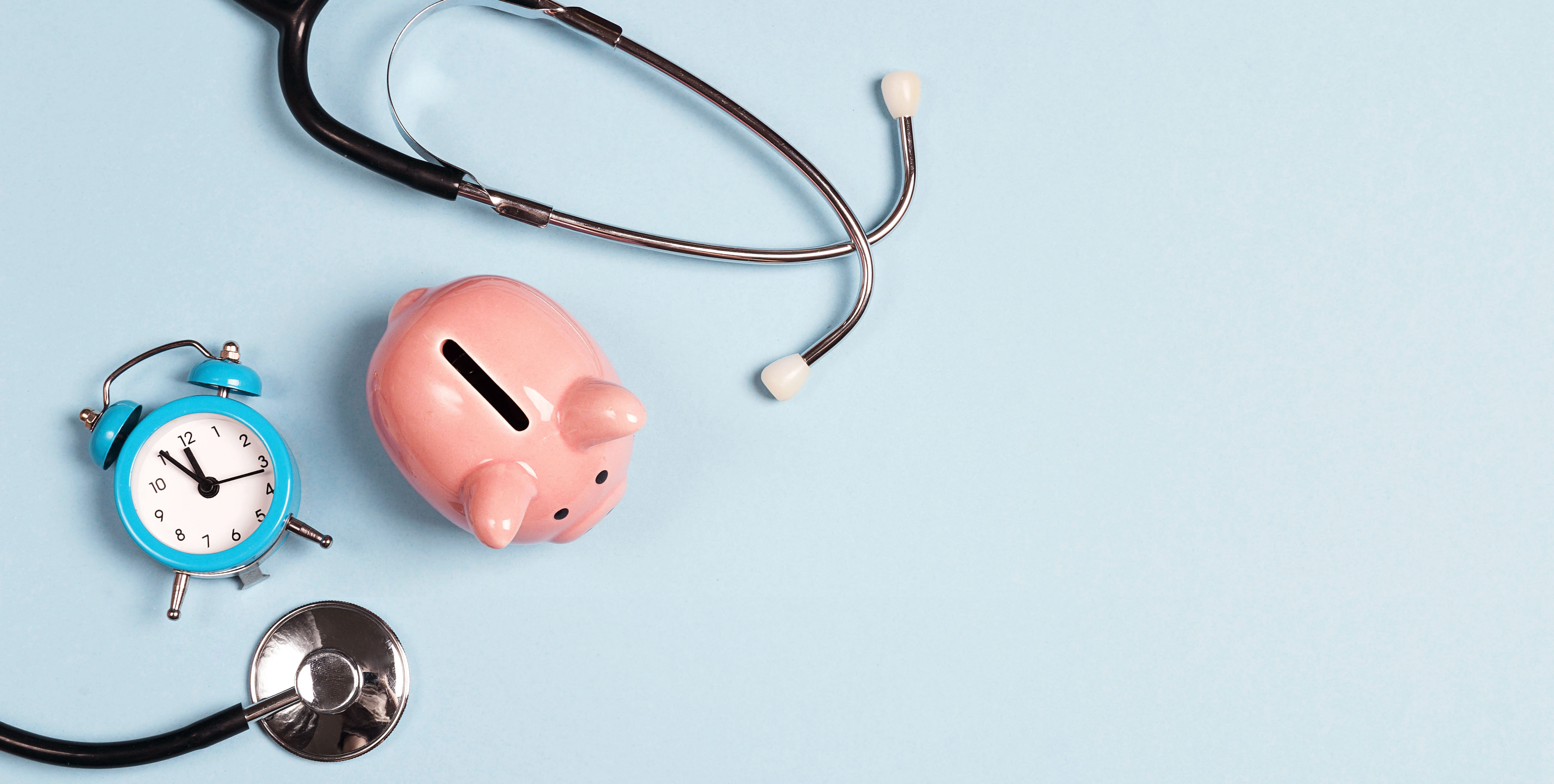
Get care when you need it
It’s important to know where to go when you need medical care. Knowing your options and deciding where to go can make a big difference in how much you pay and how long you may have to wait for care. Be prepared before you go and make sure ahead of time that the place you go to for care is in-network.
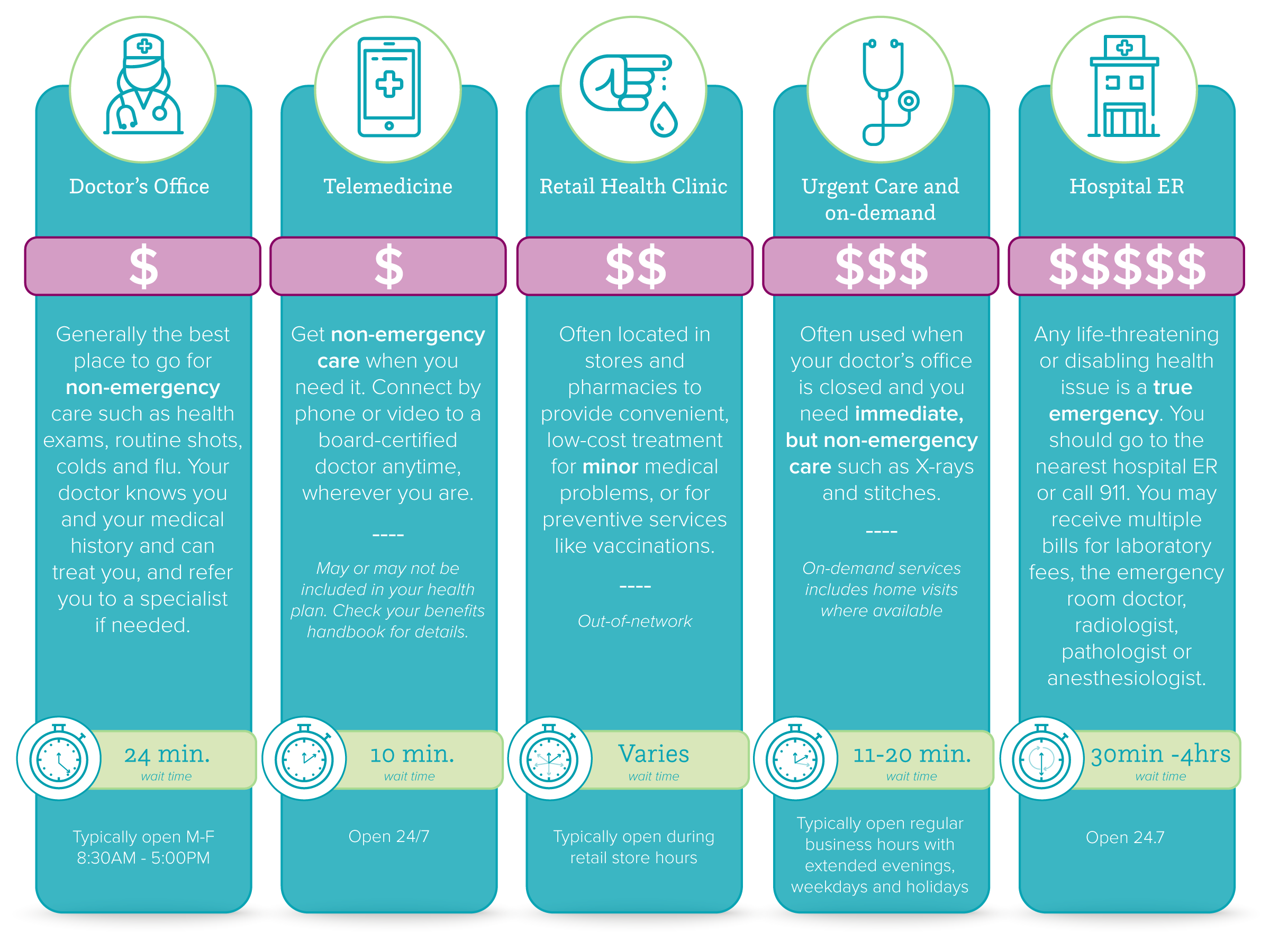
Before your appointment
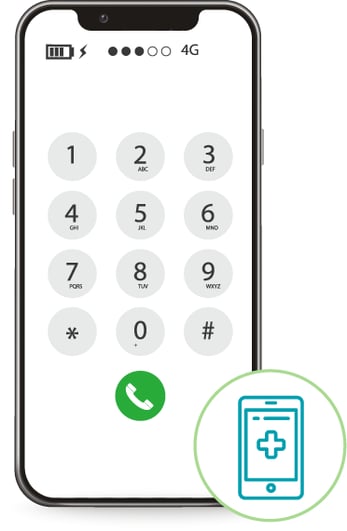 Prepare Now
Prepare Now
Before you have a medical problem, learn what your choices are. Check your member handbook for benefits details. Your Health Plan has options at time of need, however, your medical situation and your choice on where to seek care can impact what you may have to pay out-of-pocket or whether the provider is considered in-network or out of network.
Plan ahead and save these telephone numbers in your phone:
Be sure to choose a provider in your network. Your health plan includes a group of doctors, hospitals, and clinics called a "network". To find out if a provider participates in the Healthcare Highways network, use the Find a Provider Tool on our website.
Whenever an illness or injury occurs, you need to decide how serious it is and how soon to get medical care. This will help you choose whether it is best to:
It pays to think about the right place to go. Treatment in an emergency department can cost 2x to 3x more than the same care in your provider’s office. Think about this and the other issues listed here when deciding.
When you need emergency care
If you or a family member experiences a life-threatening illness or injury, always call 911 or go to the nearest emergency room (ER). Whether you’re at home or on the road, your plan pays in-network benefits to providers if your condition is considered an emergency. There is no need for referrals or authorizations.
When to go to an urgent care clinic
When you have a problem, do not wait too long to get medical care. If your problem is not life threatening or risking disability, but you are concerned and you cannot see your provider soon enough, go to an urgent care clinic.
If you're not sure, talk to someone
If you are not sure what to do, and you don’t have one of the serious conditions listed here, call your provider. If the office is not open, your phone call may be forwarded to someone. Describe your symptoms to the provider who answers your call, and find out what you should do. Your benefits may also include telehealth services. Call that number for advice on what to do.
Signs of an Emergency**
Call 911 to have an emergency room team come to you right away if you cannot wait, such as for:
Go to an emergency department or call 911 for help for problems such as:
**NIH U.S. National Library of Medicine
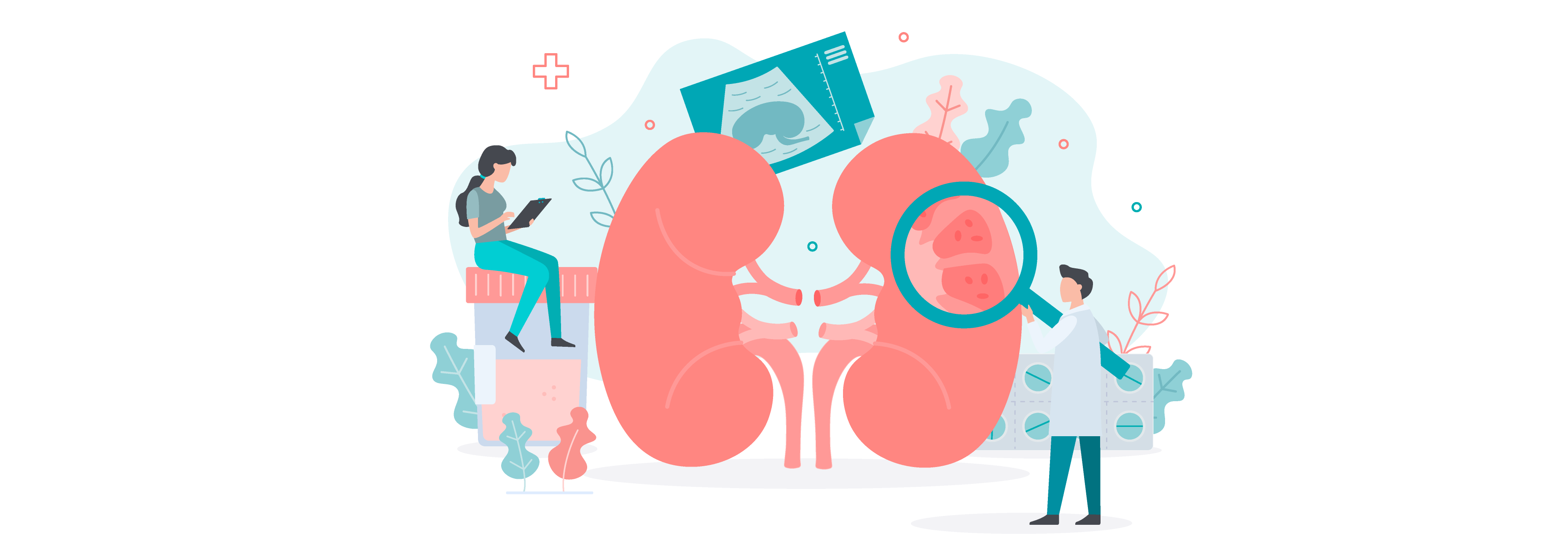
1 in 7 Americans have chronic kidney disease. Most don’t know they have it.
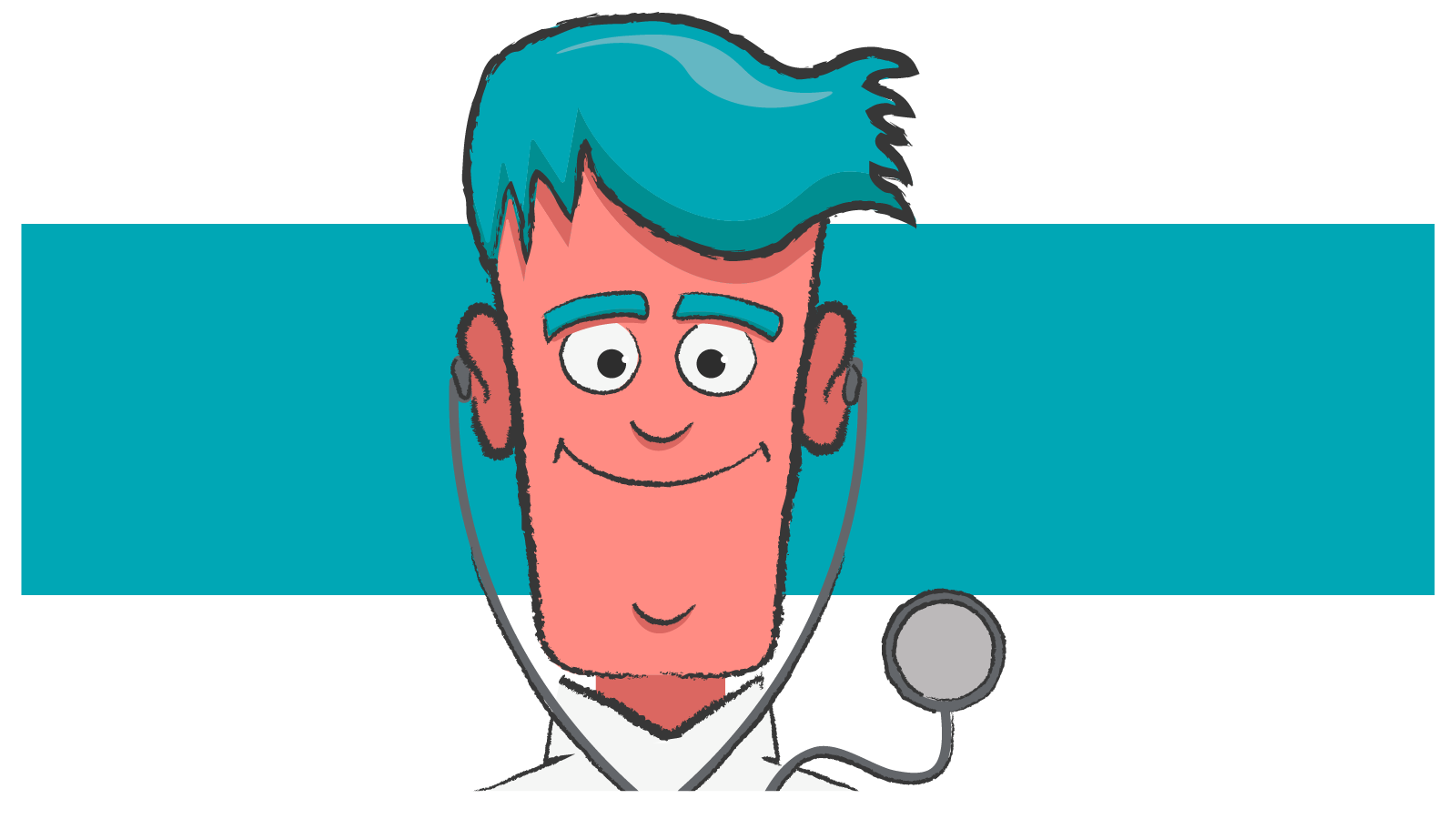
1 in 4 Americans do not have a primary care provider.
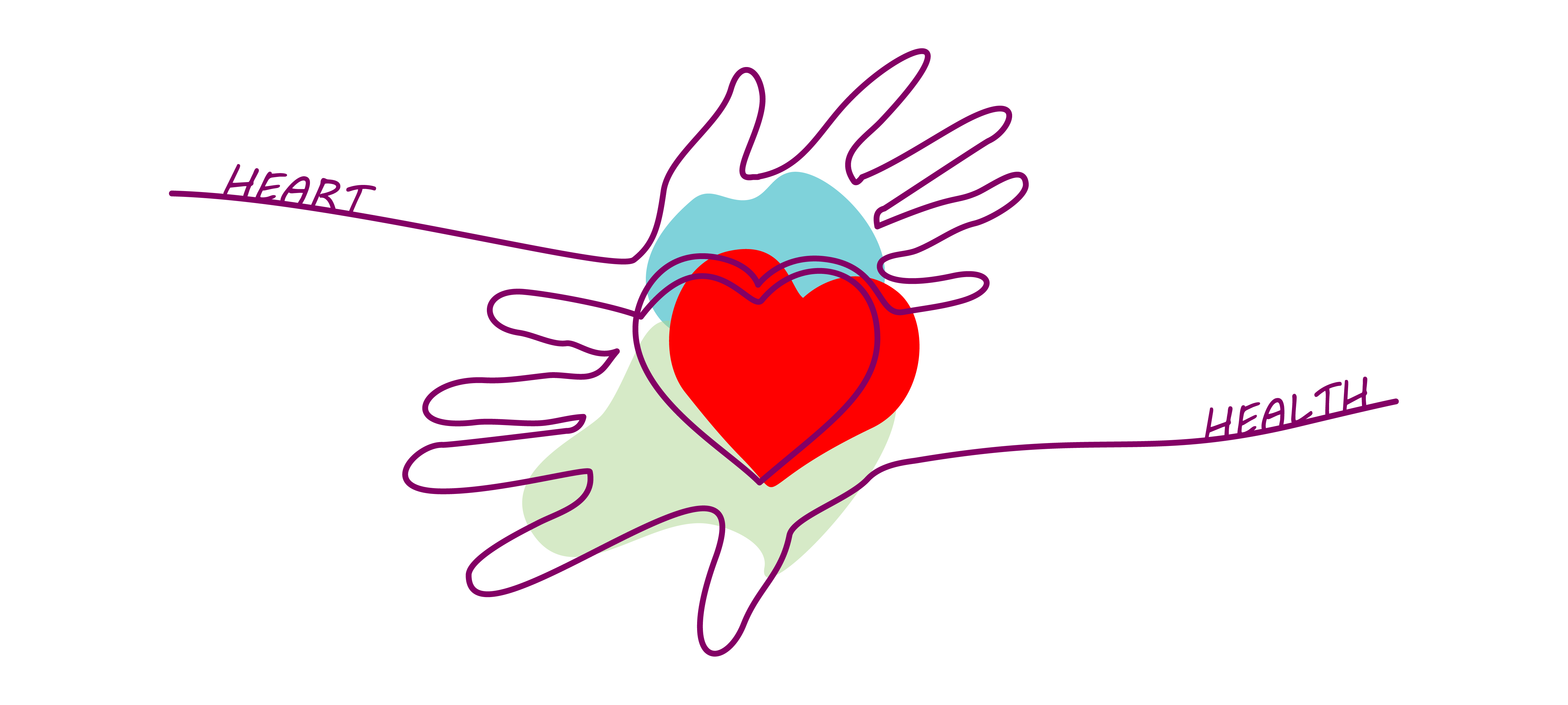
Overview of Cardiovascular Disease Cardiovascular disease (CVD)—a broad, umbrella term that includes heart disease and stroke—is the number one cause...